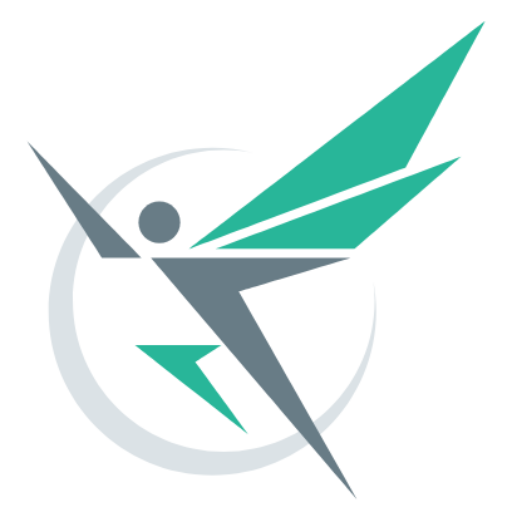Protein is an essential component for numerous biological processes, such as hormone production, immune function, and enzymatic reactions.
It plays a critical role in repairing and growing muscle tissue, making it particularly important for regular exercisers to maintain lean muscle mass.
While there has been ongoing debate about whether it’s better to consume protein pre- or post-workout, both offer notable benefits.
Recommended Protein Intake for Active Individuals
- The Academy of Nutrition and Dietetics, Dietitians of Canada, and the American College of Sports Medicine advise that physically active adults consume 1.2-2 grams of protein per kilogram of body weight.
- The International Society of Sports Nutrition suggests even higher daily protein needs at 2.3–3.1 grams per kilogram.
A registered dietitian nutritionist can help you determine your specific protein needs, so you can optimize your overall health and fitness goals.
The Anabolic Window: Maximizing Muscle Repair and Growth
Consuming protein within the “anabolic window” or “metabolic window” – the timeframe following a workout during which the body is believed to be most receptive to nutrients for muscle repair and growth – becomes crucial.
Protein consumption before a workout ensures your body has adequate stores to support muscle synthesis during exercise, while protein intake after a workout aids in muscle recovery and growth over time.
Diverse Sources of Protein
To meet your daily protein goals and enjoy a well-rounded diet, incorporate various sources of protein. These include:
- Meat: Poultry, beef, pork
- Seafood: Fish, shellfish
- Dairy products: Yogurt, milk, cheese
- Legumes: Beans, lentils, chickpeas
- Soy-based foods: Edamame, tofu, tempeh
Obtaining enough protein through whole foods alone is possible but may be difficult due to busy schedules or particular dietary preferences.
In such cases, protein supplements like shakes and bars can help bridge the gap when needed.
Tips for Effective Protein Consumption Semantics
Understanding Your Body’s Individual Protein Needs
Although general guidelines exist for daily protein intake, individuals vary in their specific needs based on factors such as activity levels, age, and lean body mass.
Working with a registered dietitian nutritionist can ensure you tailor your protein consumption to align with your unique health and fitness goals.
Focusing on Whole Food Sources First
While protein supplements can be convenient and beneficial for some individuals, it’s crucial to prioritize consuming whole food sources of protein to achieve a well-balanced diet filled with essential vitamins, minerals, and nutrients.
Maintain Protein Intake Throughout the Day
Rather than relying solely on pre- and post-workout protein meals, distribute your protein intake evenly across multiple meals and snacks throughout the day.
This approach allows for a consistent supply of amino acids, which is vital for muscle repair and growth.
Protein is an indispensable component of a healthy and active lifestyle, playing a key role in muscle repair, growth, and overall health.
By understanding your individual protein needs, incorporating diverse sources of protein into your diet, and capitalizing on the anabolic window for optimal muscle recovery and growth, you can unlock the power of protein to achieve your fitness goals.

